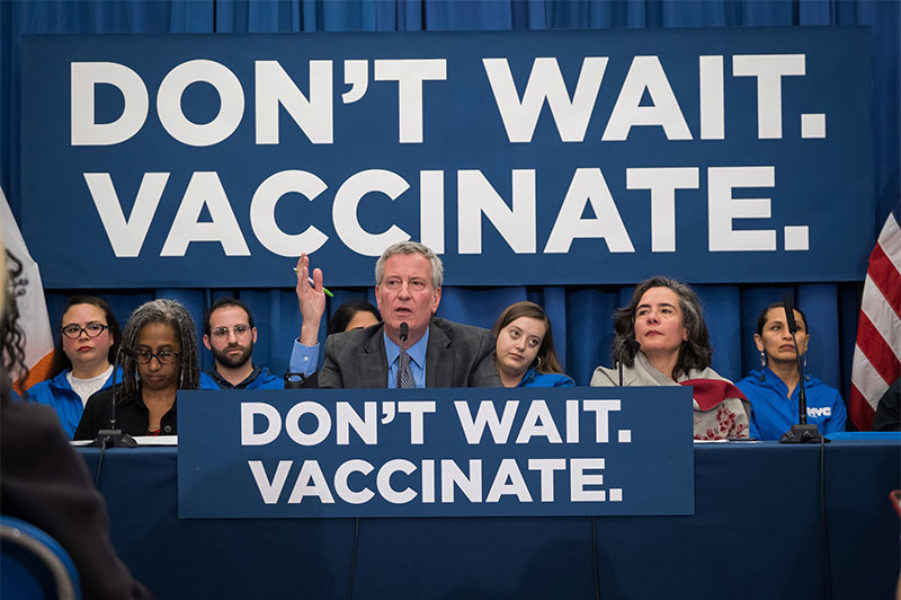
Dementia Reimagined: Essential Insights and a Call for Supportive Laws and Policies
Law & Policy InsightsA 2018 study from the Centers for Disease Control and Prevention estimates that the U.S. burden of Alzheimer’s disease and related dementias will double by 2060. Responding to this national public health crisis of the mind facing millions of Americans and their families is essential. A recently released book, Dementia Reimagined, chronicles multiple opportunities to positively intervene in the lives of patients with dementia and their caregivers, and calls for national, state and local policy reforms to address deficiencies in the care and treatment of dementia.











